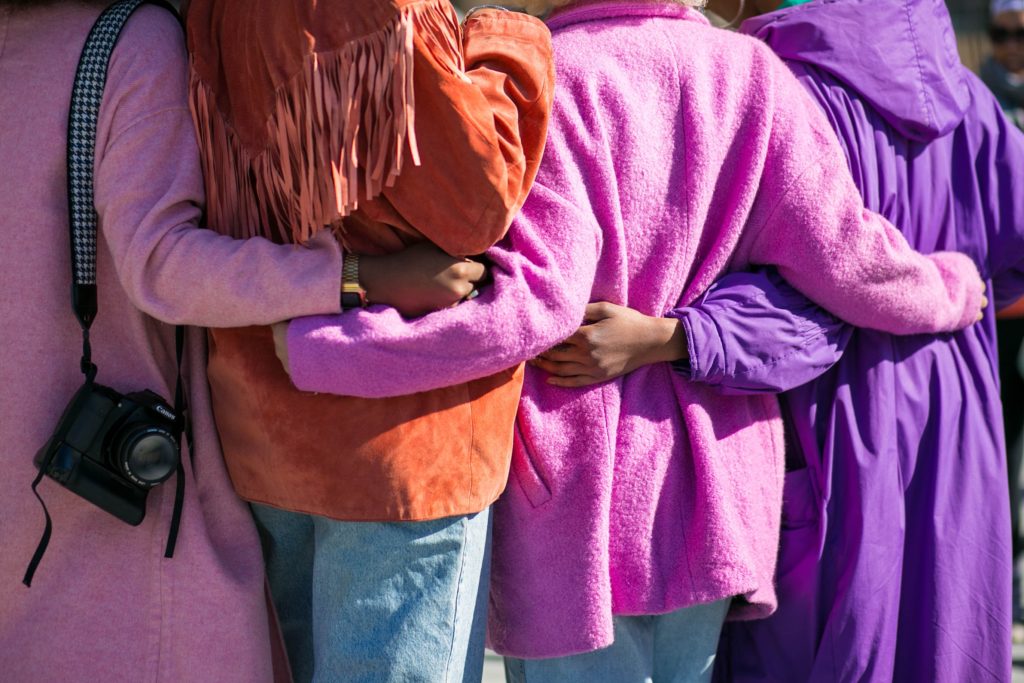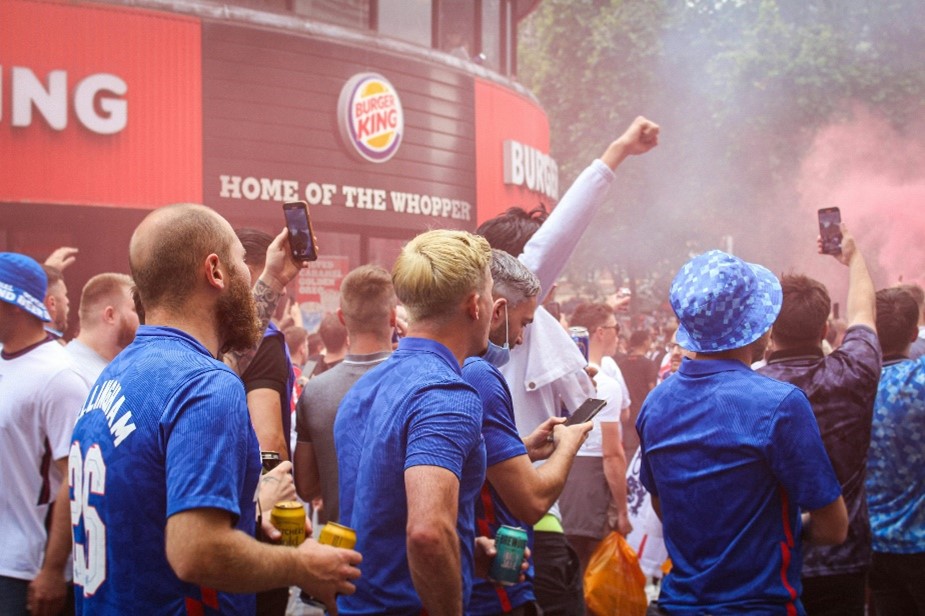#EachforEqual
International Women’s Day came around again on Sunday 8th March, and this year’s core campaign message #EachforEqual highlights, as always, the critical mission to strive towards gender equality. This year’s campaign struck a poignant chord – that gender equality is an inclusive movement and should be the outlook of every individual, regardless of gender identity.
As with any cultural conversation, brands often like to vacuously capitalise on and commodify what is both a historically significant and contemporarily crucial movement. With the increasing saturation of ‘#woke’ campaigns, consumers are increasingly sceptical of exploitative ploys.
Brands must therefore carefully navigate authenticity vs. jumping on the CSR bandwagon. We have witnessed such fails in the past, from McDonald’s flipping its iconic golden arches to make a W (for women, if that wasn’t the obvious), BrewDog’s misplaced sarcasm “beer for girls” (because girls love pink) tactic, to Shell becoming She’ll for the day (self-explanatory).
Brands must work responsibly to ensure their actions are founded in fundamental beliefs rather than a cynical attempt to win over consumers. Some companies can get it right though – this roundup looks at 2020’s PR attempts to embrace International Women’s Day.
Benefit
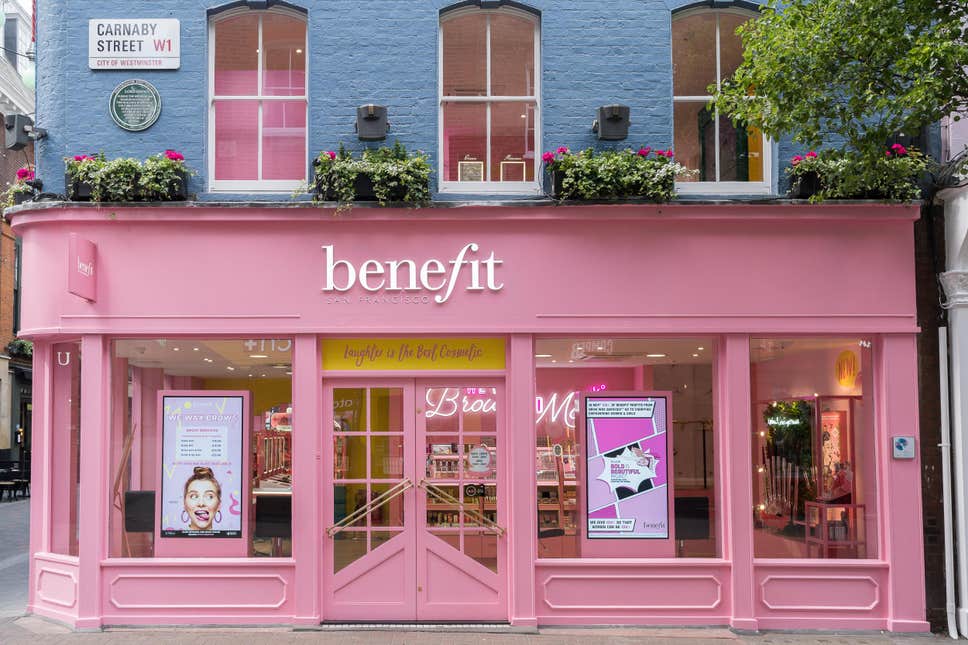
Benefit, which is run by a female CEO, and has a workforce which comprises of 90% females, has collaborated with LinkedIn to provide free professional headshots for women.
Recognising that LinkedIn users with a profile picture receive up to 21 times more profile views than users who don’t, Benefit is enhancing women’s employment opportunities and supporting their career journeys.
LNER
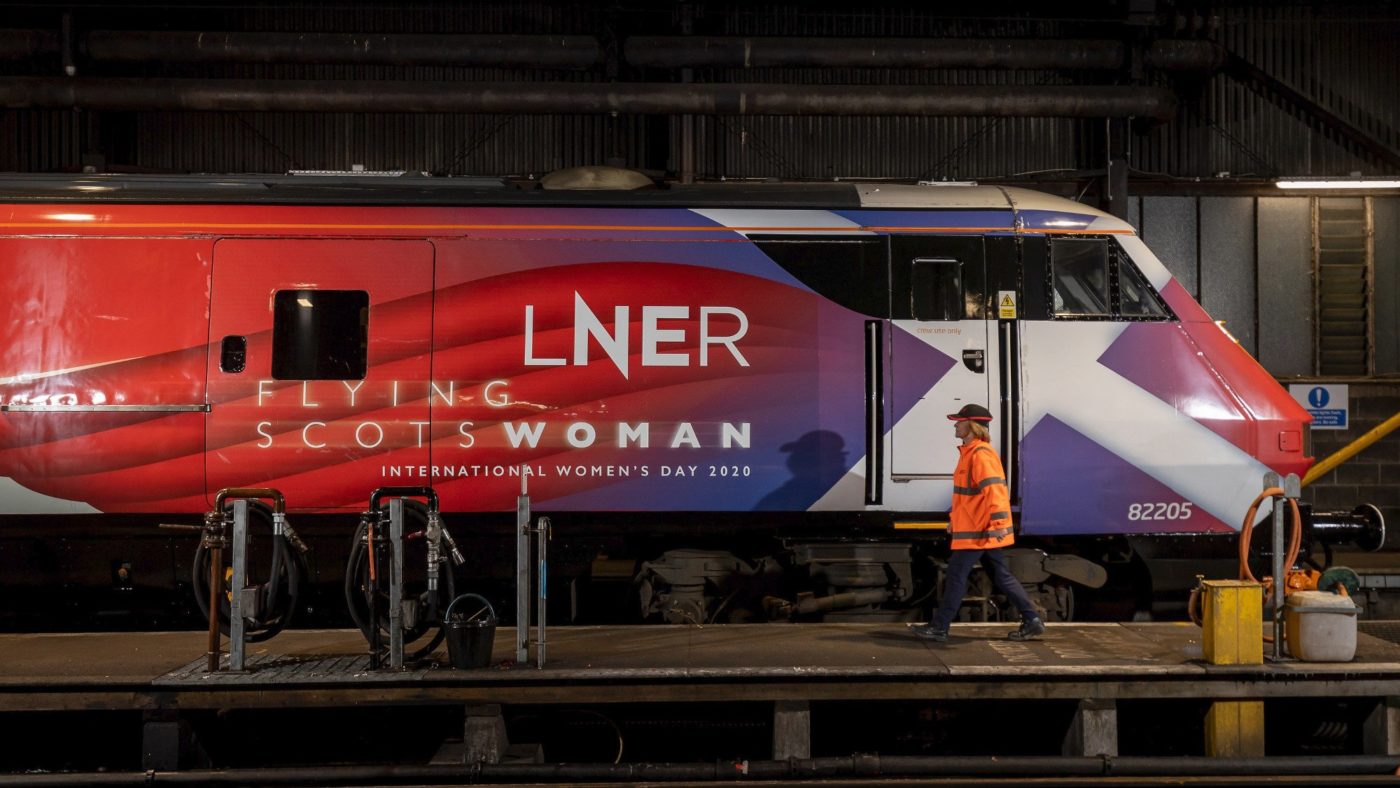
LNER highlighted the apparent gender disparity within the rail industry, by encouraging more women to get on board. With only 20% of its workforce comprising of females, the train operator had three of its passenger trains operated by all-female crews, in a bid to tackle gender imbalance within the rail sector.
In light of a research poll, it was revealed that 85% of women have never considered a career in rail. LNER’s stunt aims to encourage more women to consider opportunities within the sector, transform conceptions of the industry and work harder to promote itself to women – steering towards a more diverse and balanced workplace, something we can all get onboard with.
Barbie
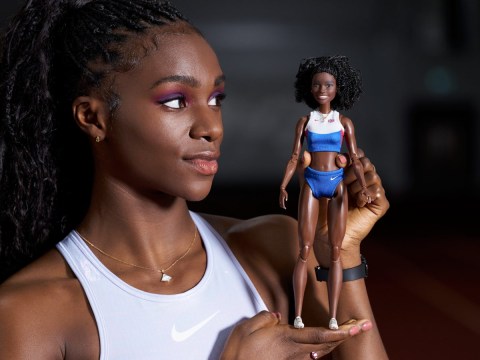
Barbie launched its special edition Dina Asher-Smith doll to celebrate the World Champion sprinter.
Barbie is committed to closing the ‘Dream Gap’ – defined as the inhibiting belief amongst girls that they cannot be anything they wish – after it found that girls begin to develop self-limiting perceptions that they are not as intelligent or competent as boys from as young as five.
This is something that Barbie wants to eradicate, by promoting successful female role models to demonstrate to the emergent female generation that they are capable of anything. Whilst we can all value Barbie’s ambition, we would have hoped that the Dina dolls were actually available for purchase so that young children can have opportunity to play with iconic figures.
L’Oréal
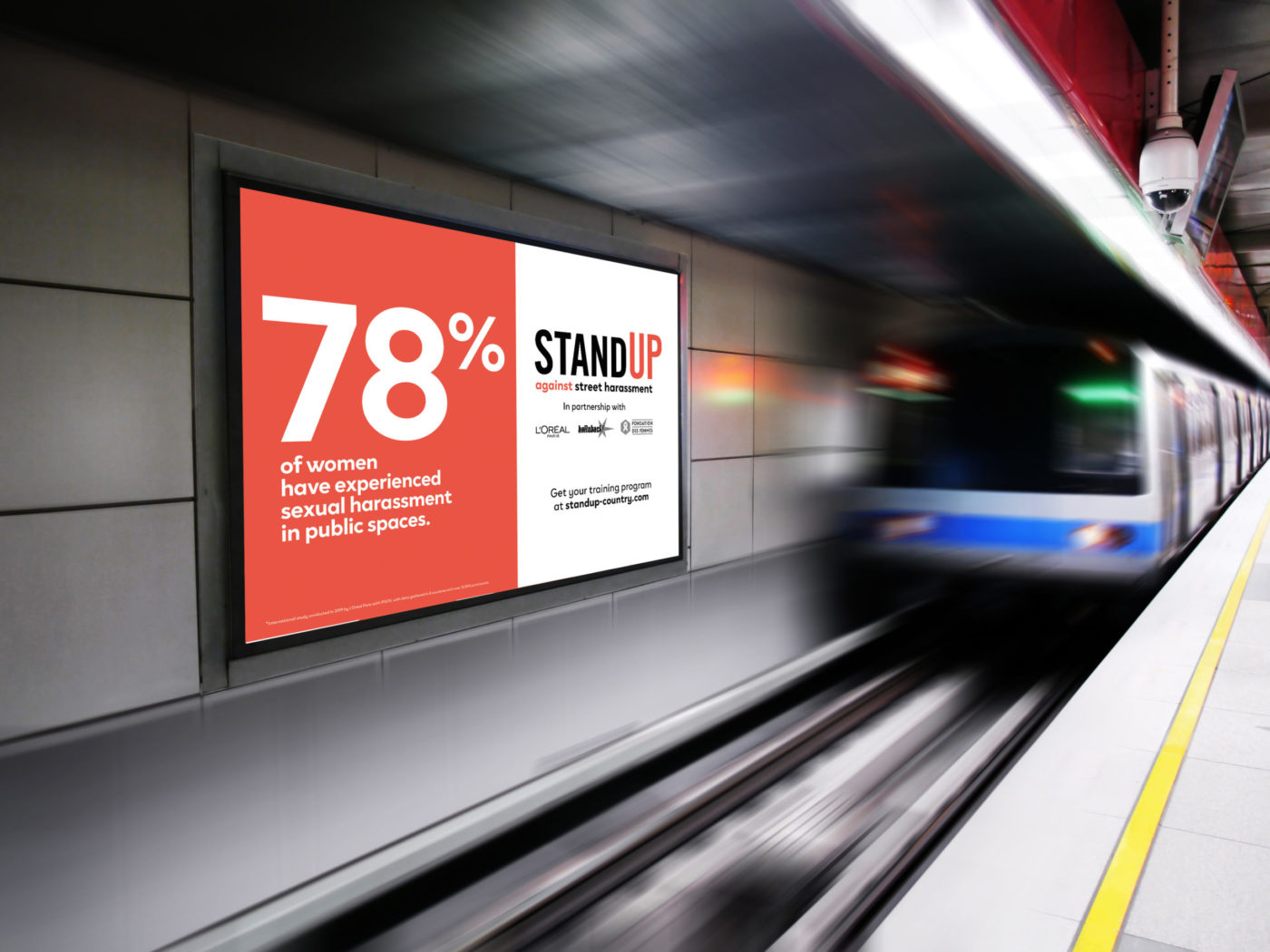
L’Oréal launched its international ‘Stand Up Against Street Harassment’ programme, which responds to the knowledge that 78% of women have experienced sexual harassment in public spaces. The Stand Up movement aims to educate bystanders how to safely intervene harassment incidents in public and provide support for victims.
Aligning with L’Oréal’s synonymous I’m worth it strapline, the brand has driven multiple initiatives to use its global platform to break down the barriers that prevent women from fully realising their potential, self-worth and sense of freedom.
To Conclude…
Undoubtedly, International Women’s Day remains important – as the rife prevalence of inequality continues in many societies, cultures and systems. However, Nike’s digital campaign ‘One Day We Won’t Need This Day’ addresses the problematic existence of IWD in the first place – encouraging us all to work towards a time and place where we won’t need a single day for a gender equality call to action.



